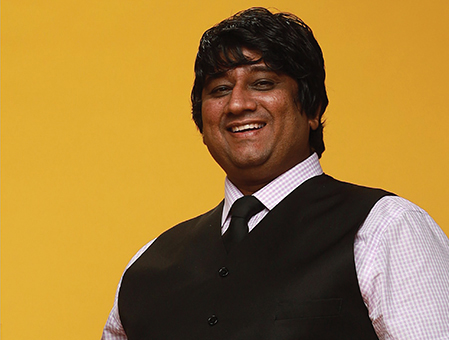One thing COVID-19 made alarmingly clear: Too many people in America had already been living daily with hunger, and the pandemic pushed them into crisis. Fortunately, for decades Iowa State scientists across nearly every discipline have been hard at work on strengthening the links in our global food chain – from supply chain management to data analytics, and food science to sustainable production systems.
Among them is Sugam Sharma. As a child, Sharma remembers listening to his parents talk about hunger. While his family always had enough to eat, hunger was prevalent and something he regularly witnessed growing up in India.
“It is really heart-wrenching to have a mother, holding her baby, come to you in the street and ask for help because her baby hasn’t had anything to eat,” Sharma said. “This I have experienced often in my life.”
Those interactions made an impression on Sharma and heightened his awareness of hunger. When he moved to the U.S. in 2006 to continue his education, he quickly recognized hunger was not just a problem in India.
The flipside of hunger: waste
What he found most troubling was the amount of food wasted – in both countries – when so many people go without. So Sharma decided to make hunger the primary focus of his research. Forty percent of the food produced in the U.S. is wasted, according to the USDA’s Economic Research Service. There are also environmental concerns. The United Nations Food and Agriculture Organization reports that if food waste was a country, it would be the third-largest emitter of greenhouse gas.

— Sugam Sharma, a computer science expert and systems analyst at Iowa State University
Research-led solutions on the ground
Given these statistics, Sharma wanted to find a way to divert excess food to those in need. Sharma, a computer science expert and systems analyst in Iowa State University’s Center for Survey Statistics and Methodology, and his collaborators developed an online application – eFeed-Hungers – to do just that. Restaurants, grocery stores – even individuals – can use the mobile-friendly software to post food they have available. Likewise, those in need can find nearby locations where food is available.
The researchers designed the software so donors take the food to a public place, such as a food pantry or church serving free meals, for pickup and distribution. An interactive map makes it easy to search. “We wanted to make it as simple as possible, so people will not hesitate to donate,” said Sharma.
Helping Iowa first – then expanding
When the pandemic hit, several Ames-area agencies were already participating and, with the help of undergraduate researchers, all food pantries in Story County and later several in the Des Moines area were added to the application. Among those in the county hardest hit were Iowa State students themselves, who benefited from the temporary food pantry on campus.
Given the spotlight the pandemic has shone on food insecurity, Sharma is pursuing collaborations with other organizations in Iowa and is exploring a pilot study with an institute in India. He’s joined in the fight against food waste by others at Iowa State, from Extension resources for Iowans to collaborations on scalable interventions in the global arena.
“There is no scarcity of food,” said Sharma. “We see this as a way to take some of the food we’re wasting and save it by providing a channel to get the extra food to those who need it. If we can help provide food for even 1 percent of those who are hungry, we’ll be happy.”






